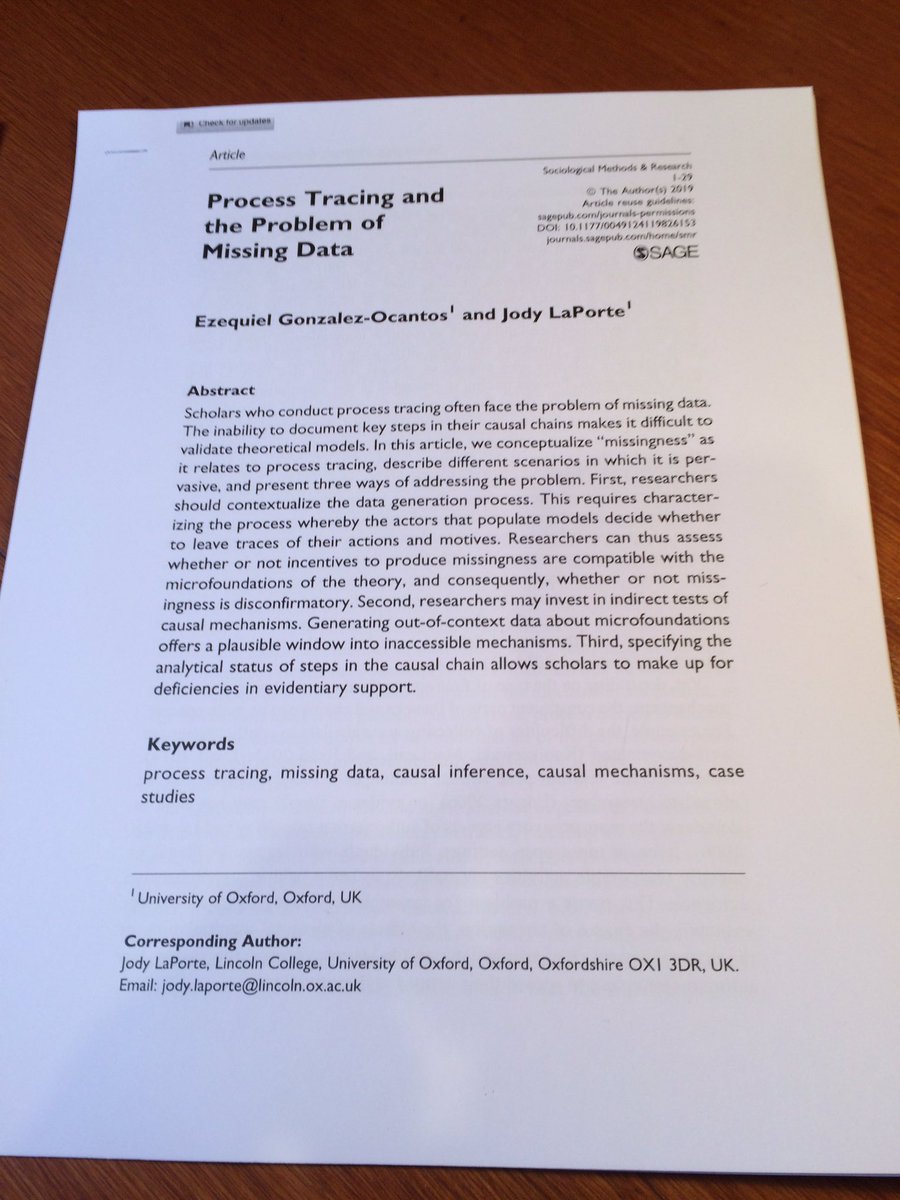
Este proyecto de seminario inició hace 3 años, es un esfuerzo de profes de 3 instituciones, y me enorgullece el poder participar en la primera edición de "Historia Aplicada: Metodologías y Praxis" - Gracias a @mkbess y @profjuliette por invitarme a esta jornada, y a @CideHistoria 
https://twitter.com/mkbess/status/1358847776679944193

La Dra. Juliette Levy @profjuliette profesora de University of California Riverside, historiadora económica, y especialista en humanidades digitales. history.ucr.edu/people/juliett… 

Este grupo de Doctorandos en Historia Aplicada promete ofrecernos unas discusiones muy interesantes sobre las aplicaciones de la historia a las políticas públicas, las relaciones internacionales, la ciencia política, etc. 

Gracias Dra. Clara García Ayluardo @daisyhany y Dra. Cath Andrews @andrews_cath por todo el apoyo y la invitación a ser parte de este proyecto - y que esto establezca más relaciones y redes colaborativas (@UCRiverside @CIDE_MX y @FlacsoMx) incluso entre nuestros programas.
Excelente discusión y conversaciones. Definitivamente veo posibilidades para colaboraciones interinstitucionales al futuro! 

• • •
Missing some Tweet in this thread? You can try to
force a refresh









